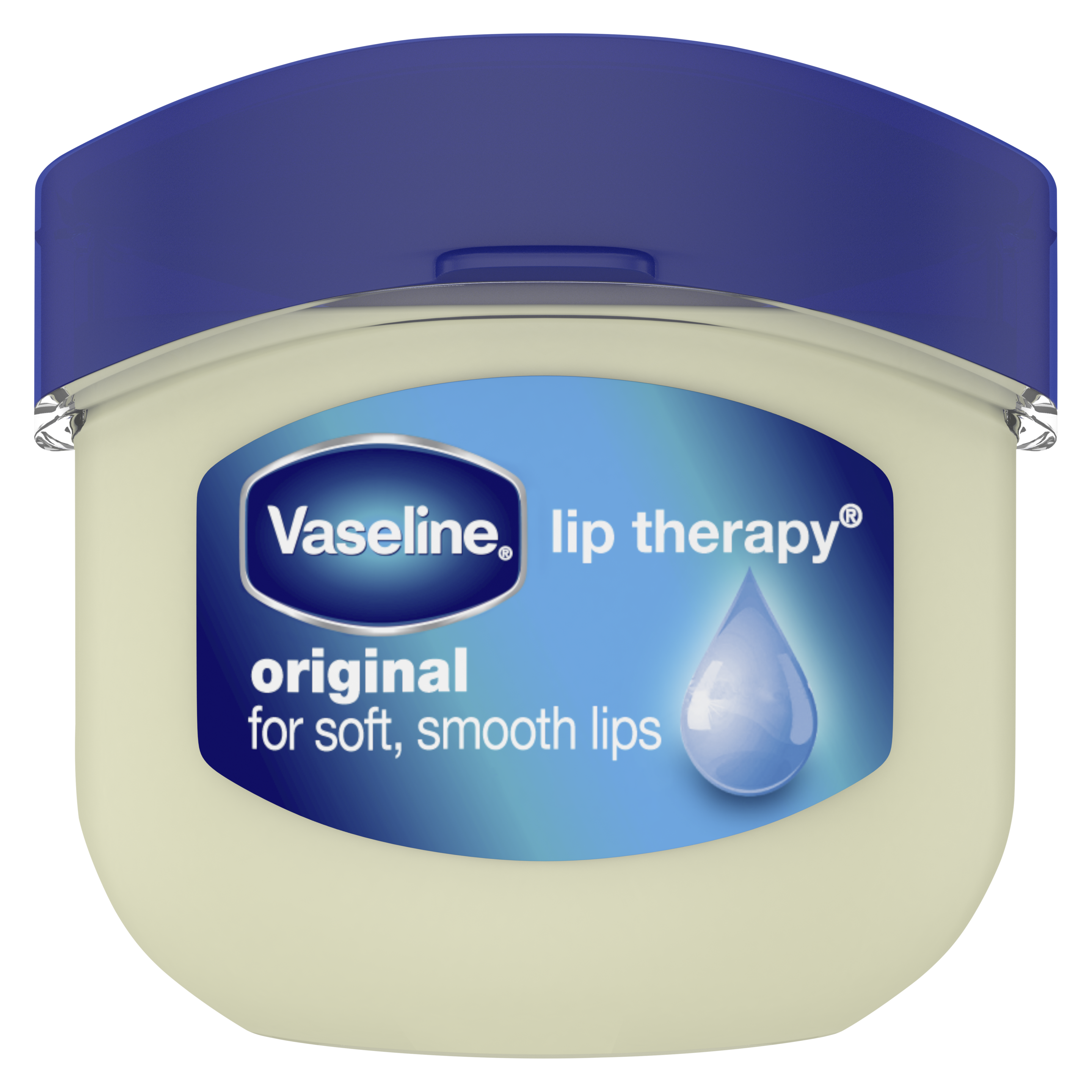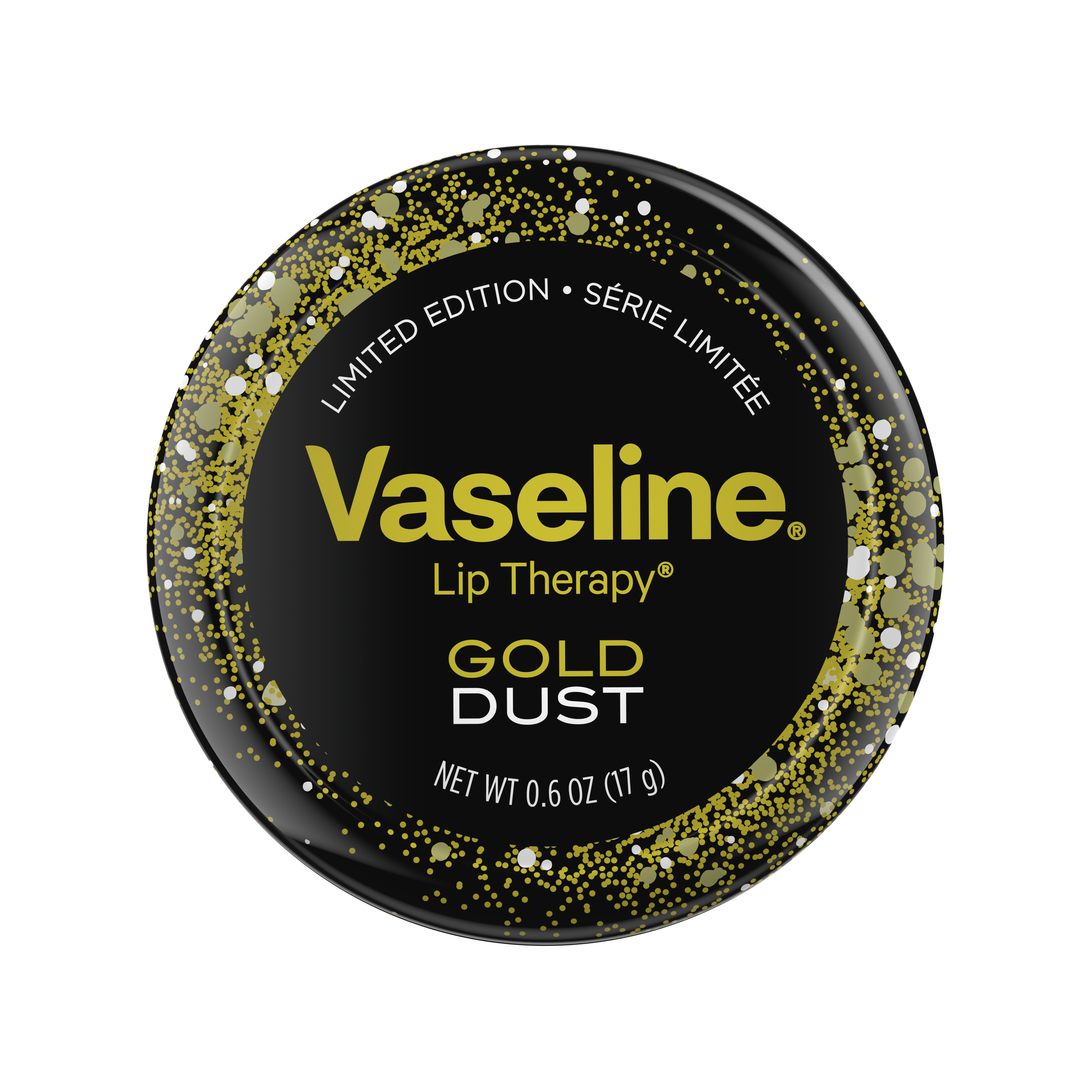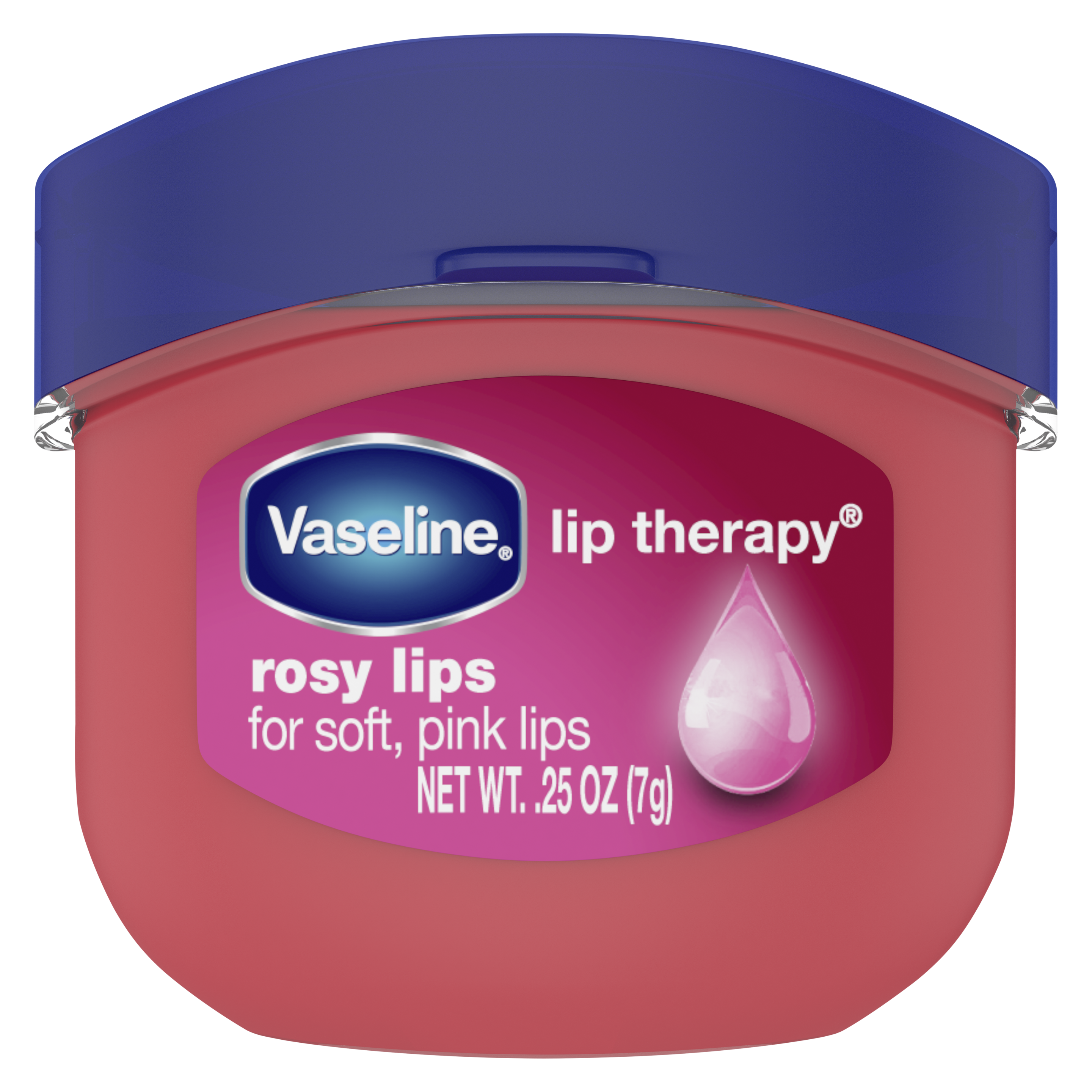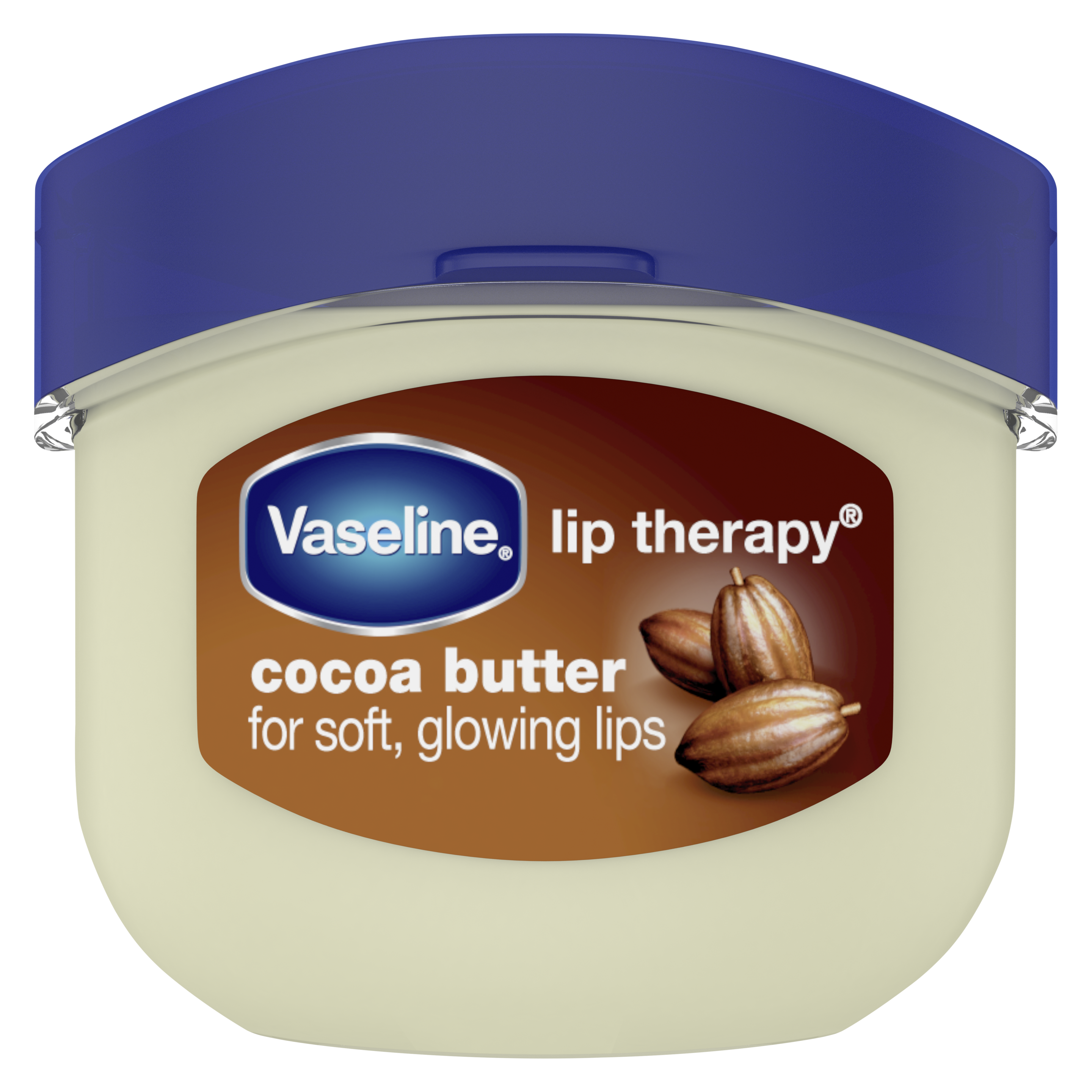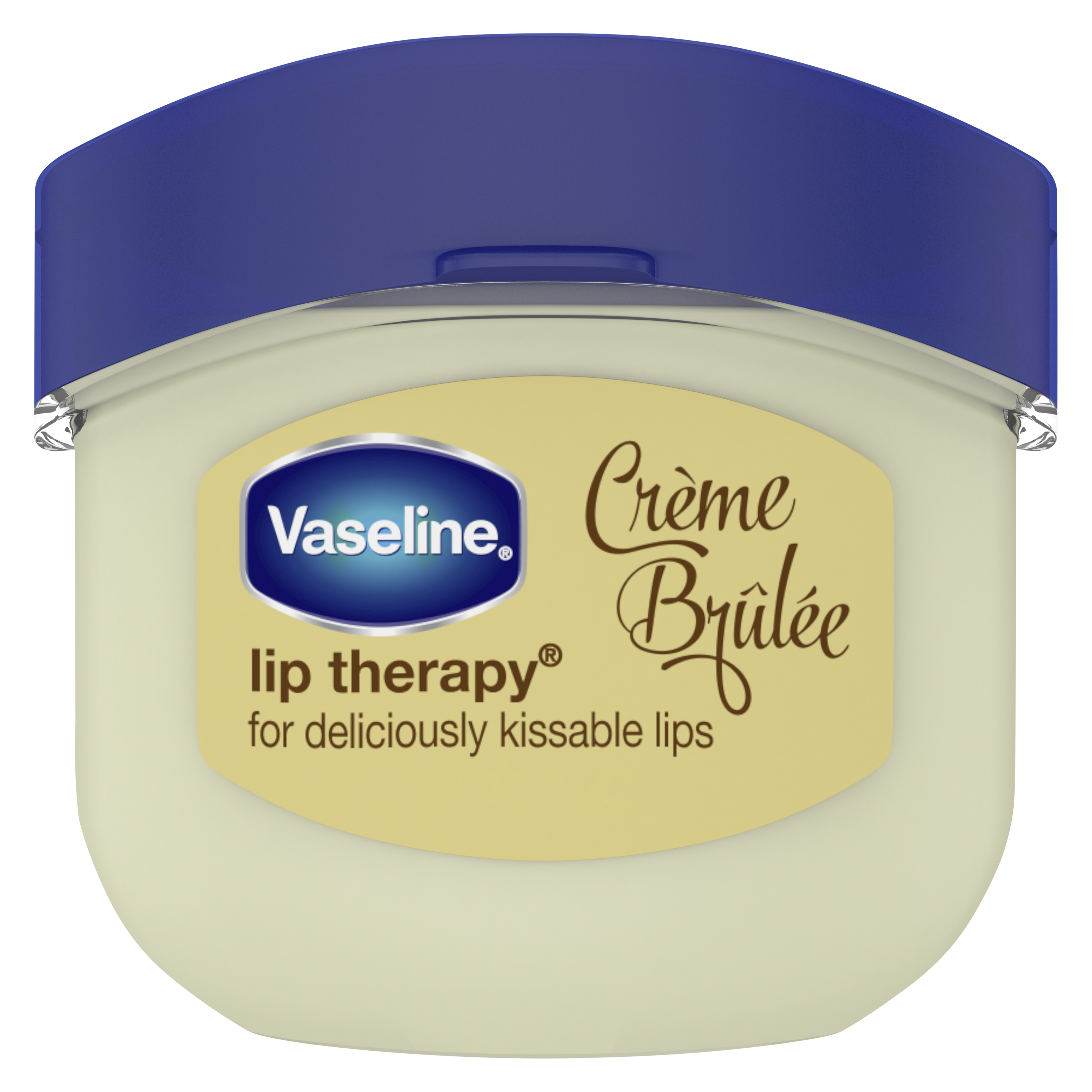Skip to content
Dry skin around the mouth is a pesky problem that many of us have encountered at some point. And whether it's due to the changing seasons, skincare habits, or underlying health conditions, there’s no doubt that dealing with parched skin can be uncomfortable.
Dryness can appear on different parts of the body for a variety of reasons — the hands, face, ears and feet are some of the most common areas that can suffer from flaky, irritable skin.
Here, we dive into the symptoms, causes, and effective remedies for dry, patchy skin around the mouth, so that you can embark on your journey to a plump, moisturized pout pronto.
Symptoms and causes of dry skin around the mouth
Climate
The environment we live in can significantly impact our skin. Harsh climates, both cold and hot, can strip the skin of its natural moisture, leaving it dry and vulnerable. Try taking protective measures (such as using a humidifier in dry conditions), and you will see a noticeable difference.
Lack of sebum
The natural oils our skin produces, known as sebum, play a vital role in maintaining skin hydration. A lack of sebum can lead to dryness, especially around the mouth area. Factors such as aging and harsh weather conditions can contribute to decreased sebum production.
Licking your lips
When your lips feel dry, licking them may offer momentary relief, but it can worsen the problem in the long run. Saliva contains digestive enzymes that can damage the delicate skin in this area, potentially exacerbating dry skin around lips.
Perioral dermatitis
One of the culprits behind dry skin above the upper lip or dry skin under the lip is perioral dermatitis, a facial rash that tends to occur around the eyes, nose, and mouth. This condition is often characterized by redness, bumps, and flaky skin, and usually requires medical treatment.
So, if you notice these symptoms, be sure to reach out to a dermatologist for a proper diagnosis.
Angular cheilitis
If you’ve noticed dry skin around corners of the mouth, it could be a sign of a condition known as angular cheilitis, a common condition that leaves you with flaky, dry skin around the corners of the mouth.
This area moves more than the rest of the lip, making it more vulnerable to stress. Plus, the moisture-rich environment here doesn’t help. Other habits like lip-licking, thumb-sucking or biting the corners of the mouth could contribute to worsening the condition. If you’re suffering from these symptoms, consult your dermatologist for a thorough diagnosis.
Eczema and psoriasis
Skin conditions like eczema and psoriasis can manifest around the mouth, causing dryness, itching, and inflammation. Make sure to consult a medical professional to understand the specific nature of your skin condition before tailoring an effective skincare routine.
Improper skin care
Sometimes, the very products we use to care for our skin can contribute to dryness. Smooth lips are always the goal, but in pursuit of them, we can often over-scrub or use harsh methods to exfoliate rough, flaky lips. This can result in damaged (often bleeding) lips, or even sensitive, dry skin around the mouth area.
Medical conditions
Certain medical conditions, such as diabetes and thyroid disease can manifest through dry skin. If you suspect an underlying health issue, seeking guidance from a healthcare professional is crucial.
How to treat dry skin around the mouth
Wondering how to get rid of dry skin around the mouth? Below, we share a few ways to address this.
Exfoliate (correctly) and moisturize
Gentle exfoliation helps remove dead skin cells, allowing moisturizers to penetrate more effectively. But, according to Dr. Mona Gohara, M.D., it’s important to ensure that we are not over exfoliating our skin.
“Beware of over exfoliating your skin, as the overuse of chemical or mechanical exfoliants can be a one-way ticket to ‘drys-ville’,” she says. “Respect the barrier, and do not scrub off healthy skin cells,” she adds.
To be on the safe side, opt for a mild exfoliant and follow up with a rich moisturizer, like Vaseline® Lip Therapy® Advanced Healing Tube, to lock in hydration.
Pay attention to what you put on your face
Choose skincare products free of harsh ingredients and fragrances, especially if you have sensitive skin. Look for ingredients like hyaluronic acid and glycerin, known for their hydrating properties, and avoid products that may cause irritation or worsen dryness.
“Although fragrances can add a pampering, enjoyable element to skin care products, they add little benefit and can be irritants and/or allergens,” explains Dr. Gohara. “In general, gauge your skin sensitivity before grabbing a heavily fragranced cleanser or moisturizer. Irritation or a true allergy can manifest as dry, itchy, inflamed skin.”
For a scent-free, suits-all option when it comes to calming down parched skin, try Vaseline® Original Healing Jelly.
Make simple lifestyle changes
Hydration starts from within. “Skin is our largest organ,” explains Dr. Gohara. “All organs require a healthy dose of water to function best. So, protect your largest organ, wear sunscreen, lotion, and drink water to stay hydrated each day!”
Address underlying conditions
If you suspect an underlying skin condition, consult with a dermatologist for a thorough evaluation. Targeted treatments can address the root cause and provide relief from persistent dryness.
Wear lip balm
Invest in a good-quality lip balm with hydrating ingredients like vitamin E, cocoa butter, aloe vera and petroleum jelly. Apply it throughout the day, especially in harsh weather conditions, to keep your lips moisturized.
Looking for a fail-safe option to pop in your purse? Try Vaseline Original® Lip Therapy® Mini.
When to seek medical help
While home remedies can be effective for mild dryness, persistent or worsening symptoms may need professional attention. If your dry skin around the mouth is accompanied by severe redness, swelling, or pain, it's time to consult a healthcare professional.
How can you prevent dry skin around the mouth?
Prevention is often the best cure. Consider the following tips to keep dry skin at bay:
- Apply sunscreen with at least 30 SPF to your lips to protect them from the sun’s UV rays, followed by a nourishing lip balm once it’s soaked in.
- Avoid licking your lips excessively, as it can exacerbate dryness.
- Use a humidifier in dry environments to add moisture to the air.
- Be mindful of your diet, incorporating foods rich in vitamins and antioxidants.
- Maintain a consistent skincare routine tailored to your skin's needs.
Achieving supple, hydrated skin around the mouth involves understanding the underlying causes and adopting a holistic approach to skincare. By combatting specific symptoms, making informed product choices, and being mindful of lifestyle factors, you can bid farewell to dryness and say hello to a radiant, healthy complexion.
And remember — it's not just about treating the symptoms; it's about nurturing your skin for lasting results.
These articles provide general tips and information about improving skin health. They have been written by health and beauty writers. They have not been written by health care professionals and, as such, don’t constitute medical advice. If you have a serious skin condition, please consult a medical professional.




